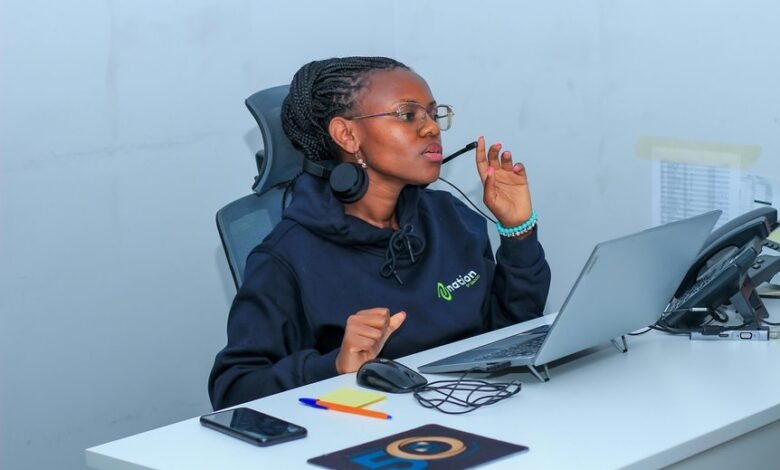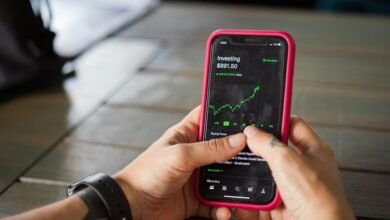245607918 Tracing Mobile Call Origins: Regional Insights

The tracing of mobile call origins through number 245607918 reveals intricate dynamics influenced by regional policies and technological capabilities. Various methods, such as GPS and signal triangulation, demonstrate effectiveness, yet their application varies significantly across different locales. Factors like privacy regulations and cultural perceptions shape the overall acceptance and functionality of these tracing technologies. This disparity prompts a closer examination of how these elements interact, affecting the future landscape of mobile communication systems.
Overview of Mobile Call Tracing Technologies
A variety of mobile call tracing technologies have emerged to address the complexities of telecommunications and enhance security measures.
These advancements leverage sophisticated algorithms and data analysis to pinpoint call origins, ensuring accountability while respecting individual privacy.
Technologies such as GPS, signal triangulation, and network metadata analysis facilitate precise call tracing, empowering users with vital information while navigating the balance between security and freedom.
Regional Variations in Call Tracing Practices
While the fundamental technologies for mobile call tracing are largely consistent across the globe, significant regional variations exist in their implementation and regulatory frameworks.
Geographical disparities influence how call tracing is approached, with cultural influences shaping public perceptions and acceptance.
In some regions, robust infrastructures support advanced tracing, while others face limitations due to regulatory constraints and varying societal attitudes toward privacy and surveillance.
Privacy Regulations Impacting Call Origin Tracing
As privacy regulations evolve, their impact on mobile call origin tracing becomes increasingly significant, shaping the capabilities and limitations of law enforcement and telecommunications providers.
Privacy laws and data protection measures impose stringent requirements on data retention and access, often constraining the ability to trace calls effectively.
Consequently, these regulations necessitate a delicate balance between individual privacy rights and the operational needs of security agencies.
Future Trends in Mobile Communication and Call Tracing
How will advancements in technology shape the future landscape of mobile communication and call tracing?
AI advancements are expected to enhance predictive analytics and real-time processing, revolutionizing user authentication methods.
This evolution will empower users with greater control over their data while ensuring robust security measures.
Consequently, mobile communication will become more efficient, transparent, and user-centric, fostering a new era of connectivity and privacy.
Conclusion
The exploration of mobile call tracing technologies, particularly through the number 245607918, reveals a stark juxtaposition between regions with robust infrastructure and those hindered by privacy concerns. While some areas embrace advanced tracing methods, enhancing security and connectivity, others grapple with stringent regulations and cultural skepticism, limiting their effectiveness. This dichotomy underscores the ongoing tension between the need for enhanced communication security and the imperative to protect individual privacy rights, shaping the future landscape of mobile communication.





